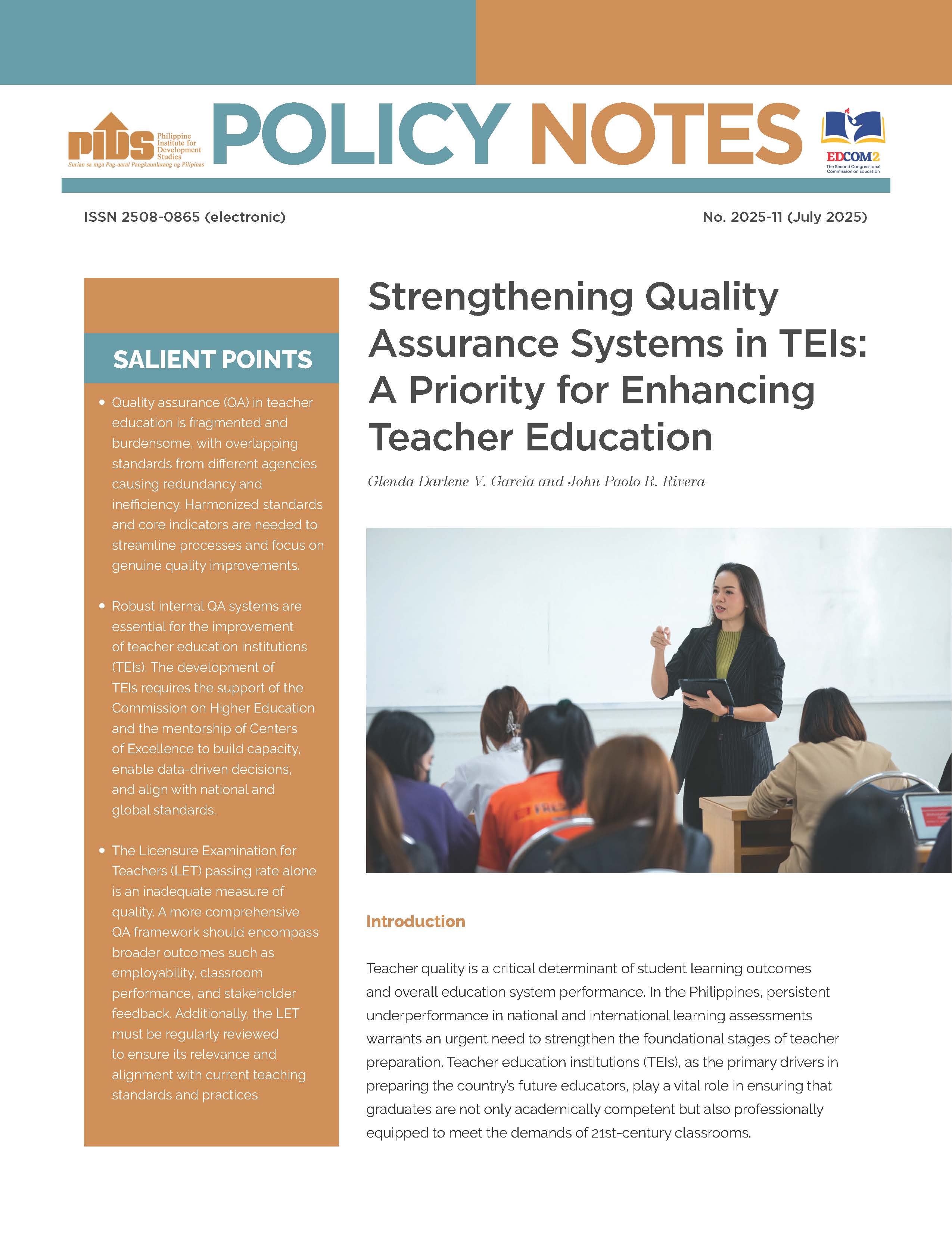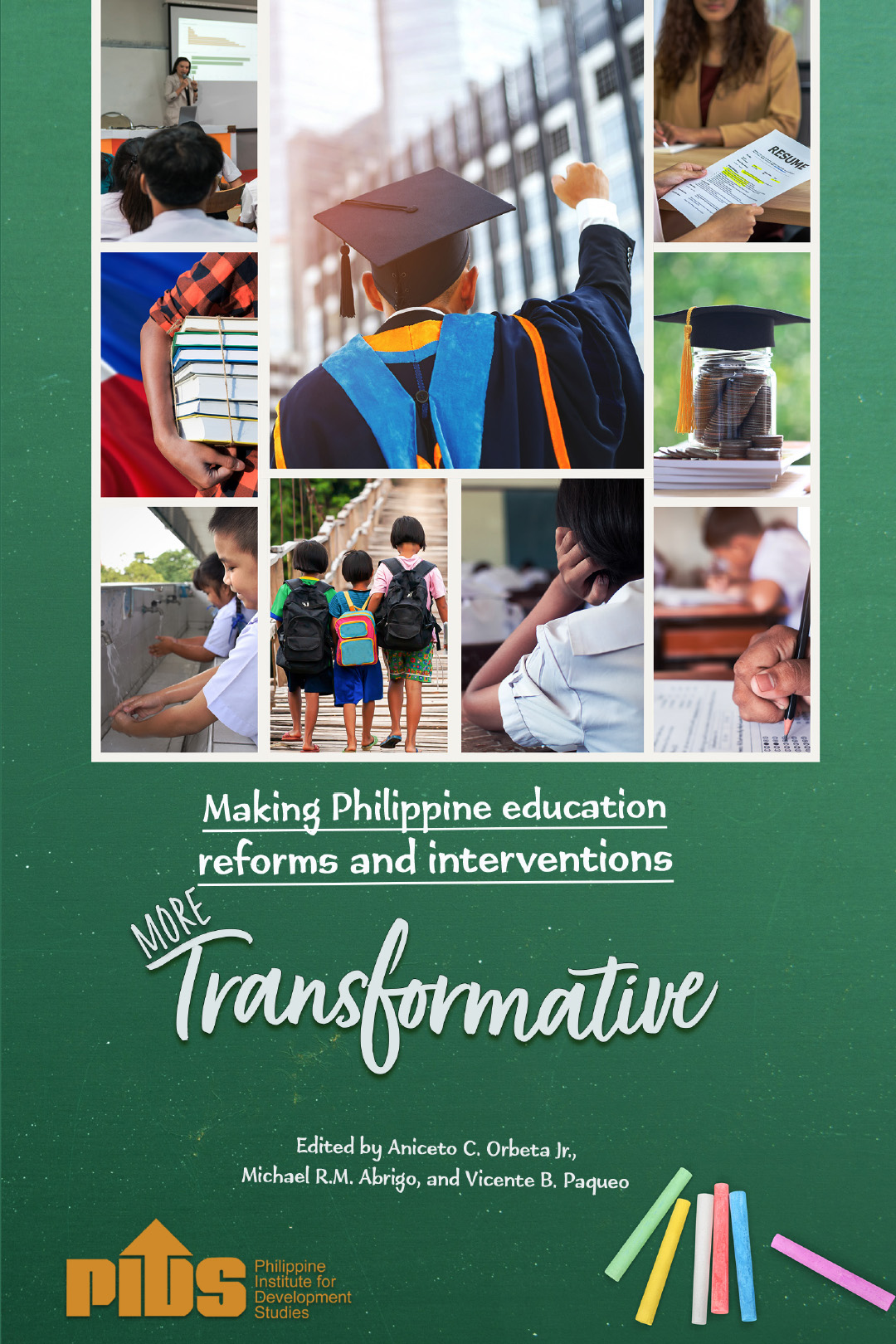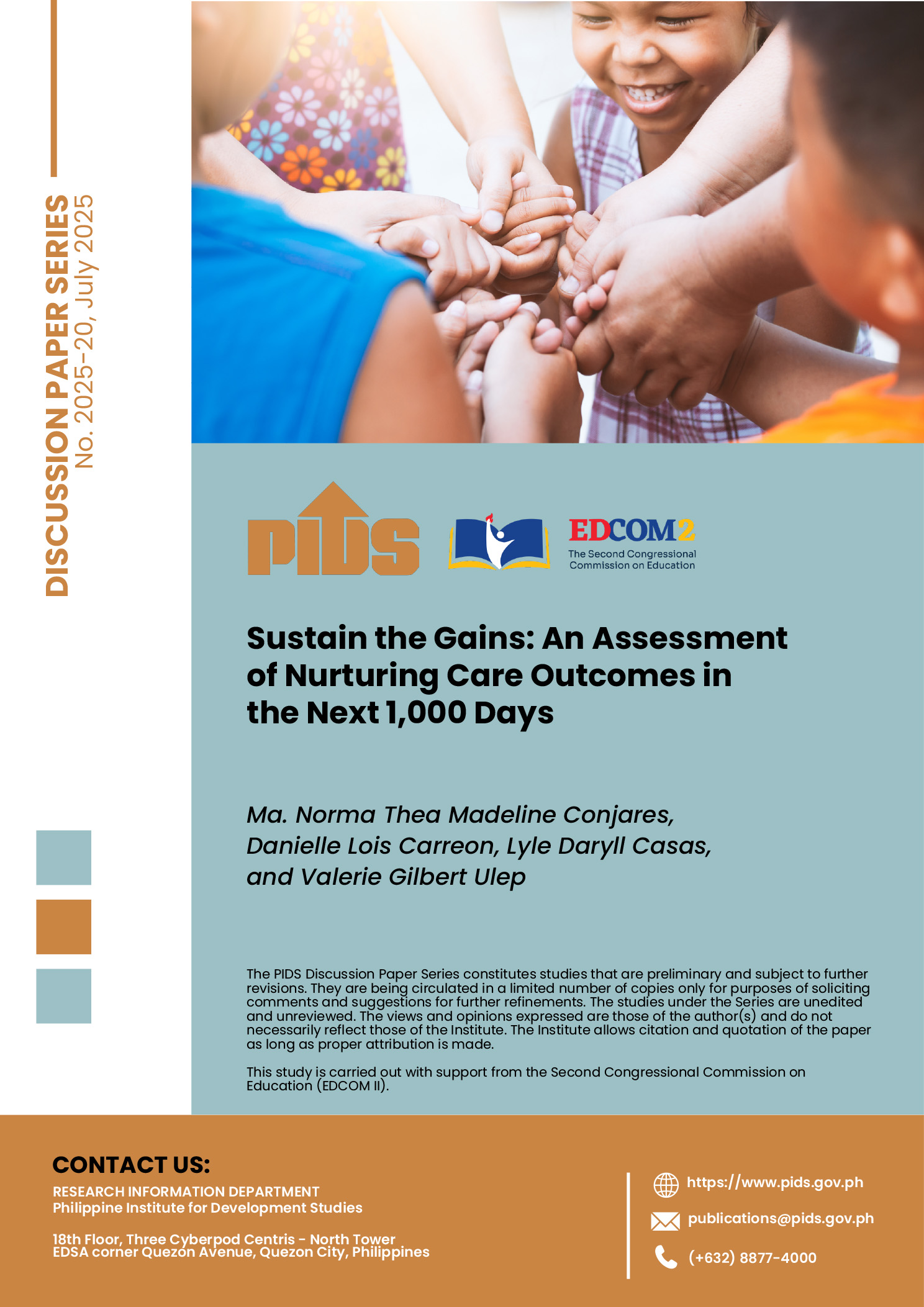The Foundation for Economic Freedom (FEF), the Philippine Institute for Development Studies (PIDS), and the Commission on Higher Education (CHED) issued separate statements saying that while well-meaning, the proposed P8.3-billion program to provide tuition-free tertiary education in all state universities and colleges (SUCs) is largely “anti-poor,” as a majority of those who will benefit come from high-income families.
Recently, the country’s economic managers — namely, NEDA Director-General Ernesto Pernia, DOF Sec. Carlos G. Dominguez, and DBM Sec. Benjamin Diokno — released a joint position paper recommending that instead of the policy proposal’s “across-the-board,” shotgun approach, the large budget allocation would be better spent under guidelines that specifically target poor and disadvantaged students. President Duterte already issued a conditional veto for the proposal, barring its implementation until CHED and the DBM come up with those guidelines.
For sure, it is a welcome development that government now has the funds to allocate — as well as the political will — to fully subsidize tuitions for all students in SUCs. But even as we get more of our youth into higher education, it is imperative we ensure today that there will be jobs waiting for them once they graduate.
Several studies have already demonstrated that the way ahead will be full of challenges. For instance, a 2015 ILO report on labor market trends in the Philippines noted that among the youth, up to 88.6 percent of those who were unemployed had at least a high school diploma. In fact up to 39.3 percent of unemployed Filipino youth had a college degree or at least finished some post-secondary units.
Another is a 2015 Organization for Economic Co-operation and Development (OECD) report on the global diaspora that identified the Philippines as the second-largest sender — next only to India — of highly educated immigrants to OECD countries for the period between 2010 and 2011.
A recent Asian Development Bank (ADB) study appears to support the mentioned OECD report, finding that in 2010, up to 64 percent of the Philippines’ highly skilled (tertiary-educated) workforce left the country, marking the largest brain drain among ASEAN members that year.
Something is clearly wrong when after spending at least a decade and a half studying, college graduates don’t find enough economic opportunities waiting for them. Part of the cause is the perennial problem with job-skills mismatch. Many students end up taking courses for careers where competition is too high, while job openings in other professions stay vacant because there are not enough qualified applicants.
Making our SUCs tuition-free may be a very big and important step forward for the country. But clearly, it is not enough to ensure the long-term success of our children. Without efforts to create more high-paying jobs for highly skilled graduates or guide students to courses that lead to professions with many job openings, pushing for tuition-free college education may only mean that we are ushering even more highly skilled and educated Filipinos to look for jobs abroad.//
Email: angara.ed@gmail.com| Facebook & Twitter: @edangara
Recently, the country’s economic managers — namely, NEDA Director-General Ernesto Pernia, DOF Sec. Carlos G. Dominguez, and DBM Sec. Benjamin Diokno — released a joint position paper recommending that instead of the policy proposal’s “across-the-board,” shotgun approach, the large budget allocation would be better spent under guidelines that specifically target poor and disadvantaged students. President Duterte already issued a conditional veto for the proposal, barring its implementation until CHED and the DBM come up with those guidelines.
For sure, it is a welcome development that government now has the funds to allocate — as well as the political will — to fully subsidize tuitions for all students in SUCs. But even as we get more of our youth into higher education, it is imperative we ensure today that there will be jobs waiting for them once they graduate.
Several studies have already demonstrated that the way ahead will be full of challenges. For instance, a 2015 ILO report on labor market trends in the Philippines noted that among the youth, up to 88.6 percent of those who were unemployed had at least a high school diploma. In fact up to 39.3 percent of unemployed Filipino youth had a college degree or at least finished some post-secondary units.
Another is a 2015 Organization for Economic Co-operation and Development (OECD) report on the global diaspora that identified the Philippines as the second-largest sender — next only to India — of highly educated immigrants to OECD countries for the period between 2010 and 2011.
A recent Asian Development Bank (ADB) study appears to support the mentioned OECD report, finding that in 2010, up to 64 percent of the Philippines’ highly skilled (tertiary-educated) workforce left the country, marking the largest brain drain among ASEAN members that year.
Something is clearly wrong when after spending at least a decade and a half studying, college graduates don’t find enough economic opportunities waiting for them. Part of the cause is the perennial problem with job-skills mismatch. Many students end up taking courses for careers where competition is too high, while job openings in other professions stay vacant because there are not enough qualified applicants.
Making our SUCs tuition-free may be a very big and important step forward for the country. But clearly, it is not enough to ensure the long-term success of our children. Without efforts to create more high-paying jobs for highly skilled graduates or guide students to courses that lead to professions with many job openings, pushing for tuition-free college education may only mean that we are ushering even more highly skilled and educated Filipinos to look for jobs abroad.//
Email: angara.ed@gmail.com| Facebook & Twitter: @edangara












